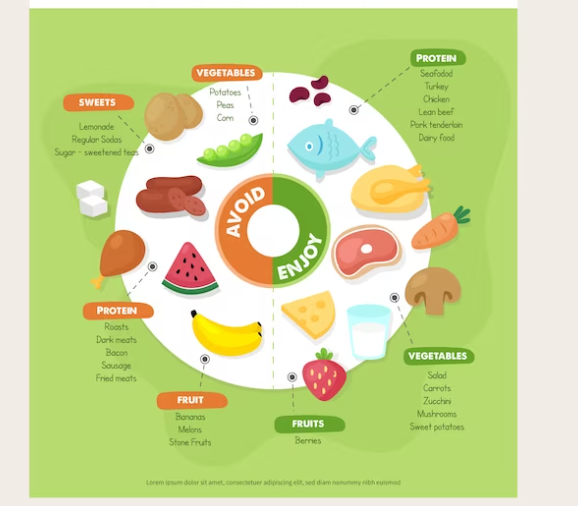
Nutritional Guidelines for CKD
Introduction:
Maintaining a healthy diet is crucial, especially for those dealing with Chronic Kidney Disease (CKD). In this blog, we’ll unravel simple nutritional guidelines to support kidney health, providing practical advice for everyone to incorporate into their daily lives.
Understanding CKD and Nutrition:
CKD affects the kidneys’ ability to filter waste and excess fluids properly. Adopting a kidney-friendly diet can help manage symptoms, slow down the progression of the disease, and improve overall well-being.
Nutritional Guidelines for CKD:
- Monitor Protein Intake: While protein is essential, excessive amounts can strain the kidneys. Opt for high-quality protein sources like lean meats, poultry, fish, eggs, and dairy, and consult with a healthcare professional to determine your specific protein needs.
- Limit Phosphorus and Potassium: Foods rich in phosphorus and potassium may need to be limited in a CKD diet. This includes dairy, nuts, seeds, and certain fruits and vegetables. Working with a dietitian can help create a balanced plan.
- Control Sodium Intake: High sodium levels can contribute to high blood pressure and fluid retention. Limit salt in cooking and choose fresh, whole foods over processed options to manage sodium intake effectively.
- Stay Hydrated: Proper hydration is crucial for kidney function. Aim for an adequate but not excessive water intake. Consult your healthcare team to determine the right amount of fluids for your individual needs.
- Monitor Blood Sugar Levels: If you have diabetes, managing blood sugar levels is essential for kidney health. Follow a balanced diet, limit sugar intake, and work with your healthcare provider to control diabetes effectively.
Practical Tips for Everyday Living:
- Read Food Labels: Become familiar with food labels to identify hidden sodium, phosphorus, and potassium content in packaged products.
- Choose Fresh Over Processed: Opt for fresh, whole foods over processed and packaged items to have better control over your nutrient intake.
- Portion Control: Pay attention to portion sizes to avoid overeating and to maintain a healthy weight.
Conclusion:
Adopting a kidney-friendly diet is a positive step towards managing CKD and promoting overall health. By following these simple nutritional guidelines, you can nourish your kidneys and contribute to your well-being.
To read more on Digestive complications.
To seek medical advice, always consult a Doctor. Here are our recommended experts. Click here
To read more on Kidney disease. Click Here


